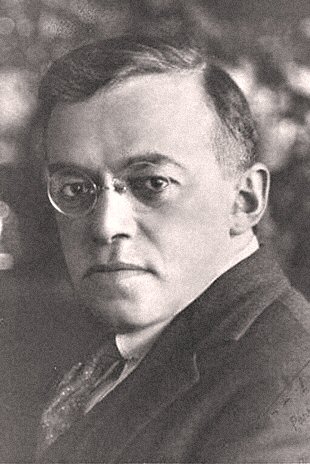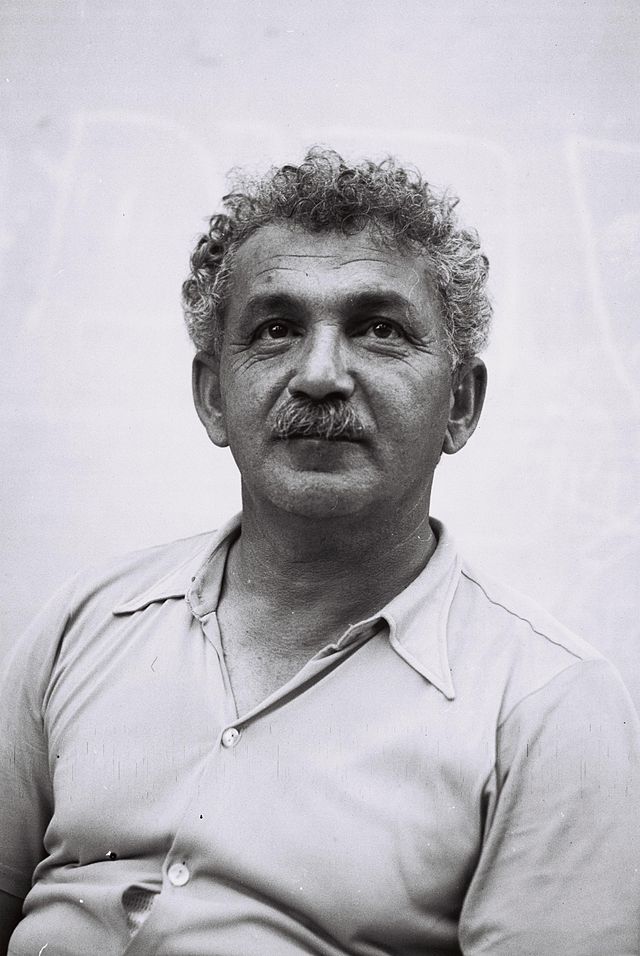WHY TRAVEL
"We need sometimes to escape into open solitudes, into aimlessness, into the moral holiday of running some pure hazard, in order to sharpen the edge of life, to taste hardship, and to be compelled to work desperately for a moment at no matter what."
-George Santayana, "The Philosophy of Travel"
"For if every true love affair can feel like a journey to a foreign country, where you can't quite speak the language, and you don't know where you're going, and you're pulled ever deeper into the inviting darkness, every trip to a foreign country can be a love affair, where you're left puzzling over who you are and whom you've fallen in love with. All the great travel books are love stories, by some reckoning -- from the Odyssey and the Aeneid to the Divine Comedy and the New Testament -- and all good trips are, like love, about being carried out of yourself and deposited in the midst of terror and wonder."
-Pico Iyer, "Why We Travel"
"We carry within us the wonders we seek without us. There is Africa and her prodigies in us."
-Sir Thomas Browne
"And if travel is like love, it is, in the end, mostly because it's a heightened state of awareness, in which we are mindful, receptive, undimmed by familiarity and ready to be transformed. That is why the best trips, like the best love affairs, never really end."
-Pico Iyer, "Why We Travel"
"We travel not for trafficking alone:
By hotter winds our fiery hearts are fanned:
For lust of knowing what should not be known
We make the Golden Journey to Samarkand."
-James Elroy Flecker, "The Golden Journey to Samarkand"
"And God shall make thy soul a Glass where eighteen thousand æons pass,
And thou shalt see the gleaming Worlds as men see dew upon the grass.
And son of Islam, it may be that thou shalt learn at journey's endWho walks thy garden eve on eve, and bows his head, and calls thee Friend."
-James Elroy Flecker, "The Gates of Damascus"
WHY JERUSALEM
"Jerusalem is a festival and a lamentation. Its song is a sigh across the ages, a delicate, robust, mournful psalm at the great junction of spiritual cultures."
-David Shipler
"When I saw the country from the plane I felt a twinge in my heart. Despite everything that's wrong here, and God knows there are many faults and evils, it's our country, and I love her as I always have."
-Yonatan Netanyahu
"Jerusalem is a port city on the shore of eternity."
-Yehuda Amichai
"When a Jew visits Jerusalem for the first time, it is not the first time; it is a homecoming."
-Eli Wiesel
"Jerusalem, for me, is above politics. Mentioned more than 600 times in the Bible, Jerusalem is the national landmark of Jewish tradition. It represents our collective soul. It is Jerusalem that binds one Jew to another. There is not a prayer more beautiful or nostalgic than the one which evokes the splendor of its past and the shattering and enduring memory of its destruction."
-Eli Wiesel
"By the rivers of Babylon,
there we sat,
sat and wept,
as we thought of Zion,
There on the poplars
we hung up our lyres,
for our captors asked us there for songs,
our tormentors, for amusement:
'Sing us one of the songs of Zion.'
How shall we sing the LORD's song in a strange land?
If I forget you, O Jerusalem,
let my right hand wither;
let my tongue stick to my palate
if I cease to think of you,
if I do not keep Jerusalem in my memory
even at my happiest hour."
-from Psalm 137
"Jerusalem, for me, is above politics. Mentioned more than 600 times in the Bible, Jerusalem is the national landmark of Jewish tradition. It represents our collective soul. It is Jerusalem that binds one Jew to another. There is not a prayer more beautiful or nostalgic than the one which evokes the splendor of its past and the shattering and enduring memory of its destruction."
-Eli Wiesel
"By the rivers of Babylon,
there we sat,
sat and wept,
as we thought of Zion,
There on the poplars
we hung up our lyres,
for our captors asked us there for songs,
our tormentors, for amusement:
'Sing us one of the songs of Zion.'
How shall we sing the LORD's song in a strange land?
If I forget you, O Jerusalem,
let my right hand wither;
let my tongue stick to my palate
if I cease to think of you,
if I do not keep Jerusalem in my memory
even at my happiest hour."
-from Psalm 137






